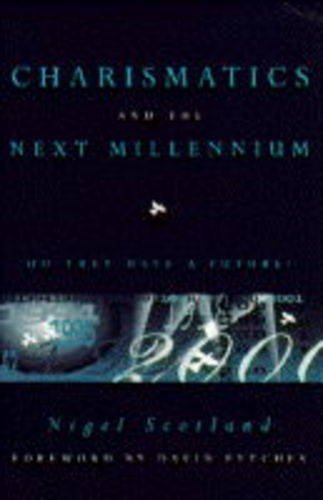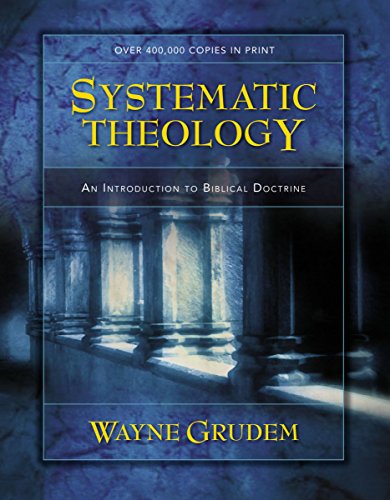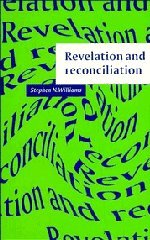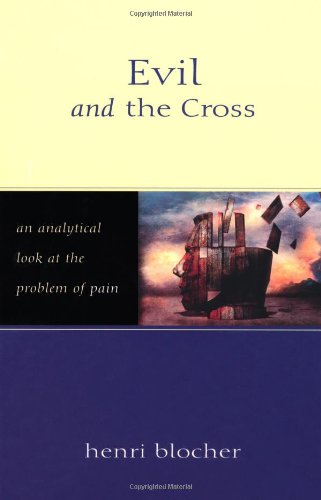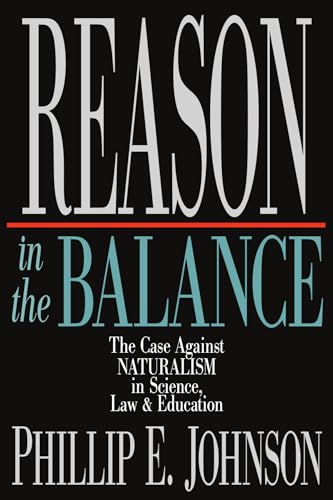The Theology of Jürgen Moltmann
Written by Richard Bauckham (ed) Reviewed By Stephen N. WilliamsIn 1987, Richard Bauckham published an introduction of Moltmann’s thought up to 1979 (Moltmann, Messianic Theology in the Making, Marshall Pickering). Now a collection of essays takes us up to 1993. It differs from the first volume in being a less systematic approach to the literature, highlighting key themes and providing a more critical engagement, in contrast with the dominantly expository mode of the earlier work.
Many of these essays have been published before in some form. They work through the themes of divine suffering and theodicy; political theology and ecclesiology; Trinity and Christology; creation, evolution and mysticism. The whole is prefaced by an overview of Moltmann’s theology, which is a good general introduction to his thought. It is immediately followed by ‘Theology of Hope Revisited’, but in one way that seminal first work of Moltmann’s is often revisited in the collection; as often happens when pieces originally published separately are brought together, there is some repetition and some of the basic structural and theological features of this work are often rehearsed.
Whilst Bauckham remains both deeply appreciative of and basically sympathetic towards Moltmann’s theological enterprise, two features of this volume are noteworthy. Firstly, he is sometimes quite critical: a special example is the essay on ‘The Holy Spirit in the Trinity’. Secondly, he engages in personal theological exploration of themes Moltmann treats: see, for example, ‘Divine Suffering’. Those of us who warm to Moltmann’s work less than does the author may find these latter explorations particularly profitable and prefer Bauckham to Moltmann! Be that as it may, the engagement with Moltmann is typically conscientious as a piece of research, patiently probing ways of exposition and defence if any are available, where Moltmann needs to be shielded from this or that misunderstanding, this or that criticism.
Readers who turn to this volume would do well to consult those that take a very different view of the overall coherence and merits of Moltmann’s programme. Someone anxious for a perspective on Moltmann should read alongside this work such contributions as those of Douglas Schuurman, Creation, Eschaton and Ethics: The Ethical Significance of the Creation-Eschaton Relation in the Thought of Emil Brunner and Jurgen Moltmann (New York, 1991) and Arne Rasmusson. The Church as Polis: From Political Theology to Theological Politics as Exemplified by Jürgen Moltmann and Stanley Hauerwas (Lund, 1994). My own view is that Moltmann is indefensibly unclear on the key elements in his theological proposal: unclear on what he really means by speaking of the future of this world; unclear on what he really means by an absolutecontradiction between present-worldly and future-eschatological reality; unclear on what he really means by speaking of the universal resurrection of everything. But Moltmann has over the years placed on the theological agenda some questions of undoubted importance; done so memorably, boldly and even inimitably; helpfully encouraged the development of our theological instincts on the relevance of eschatology or divine passibility, for example. What is particularly welcome, in this volume, is the author’s reminder of the importance of these, and other themes a reminder offered by providing an example of serious theological engagement in serious vein on unquestionably serious themes. Richard Bauckham always impressively harnesses scholarship to important existential and theological concerns, and for that reason we are grateful for these further insights into Moltmann’s thought by one particularly well qualified to offer them.
Stephen N. Williams
Stephen Williams is professor of systematic theology at Union Theological College in Belfast, Northern Ireland, and served as general editor of Themelios from 1995 to 1999.



